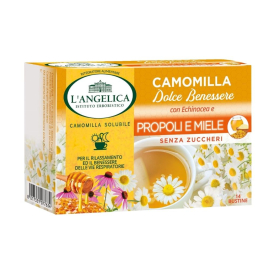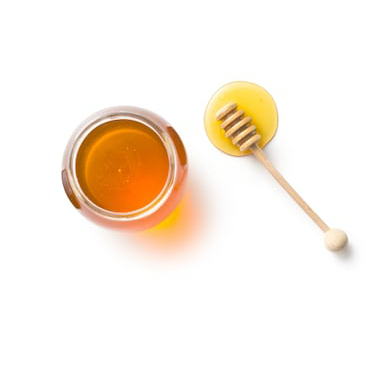FREE SHIPPING FROM 35 €
Search
Natural Ingredients
Honey
Anti-inflammatory for the throat, energetic effect.
In addition to glucose and fructose, there are proteins, mineral salts, tannin, phosphate and vitamins. It is suitable for infant feeding, because it promotes the fixation of mineral salts in the body. Depending on the type of honey, it highlights different properties: the chestnut honey helps the blood circulation, the sunflower is acting against cholesterol and calcified bones, the dandelion has purifying functions, the juniper fights respiratory infections.
I nutraceutici
- Vitamins
- Oligomonerals
- Biosensors.
Honey has emollient, trophic and restorative which makes it particularly suited to formulations of c
Sweet substance produced by bees from the nectar and honeydew. The nectar is extracted from flowers and honeydew is the result of a transformation to the sap of trees carried by insects. The nectar has for plants the function of attracting pollinators to promote the fertilization of the flowers. For bees honey is their only food in addition to water and is used together with the pollen to feed the brood of workers and males. It has long been the only sugary food available for humans: used in ancient Egypt and in the early civilizations of Mesopotamia, it was deemed by the Greeks the food of the gods by excellence.
The positive effects of honey are manifested in the treatment of:
- Disease of the upper respiratory tract, thanks to the soothing and decongestant
- Liver, thanks to hepatoprotective and detoxifying
- Kidneys, diuretic and preventive action against the onset of diseases of the urinary tract.



